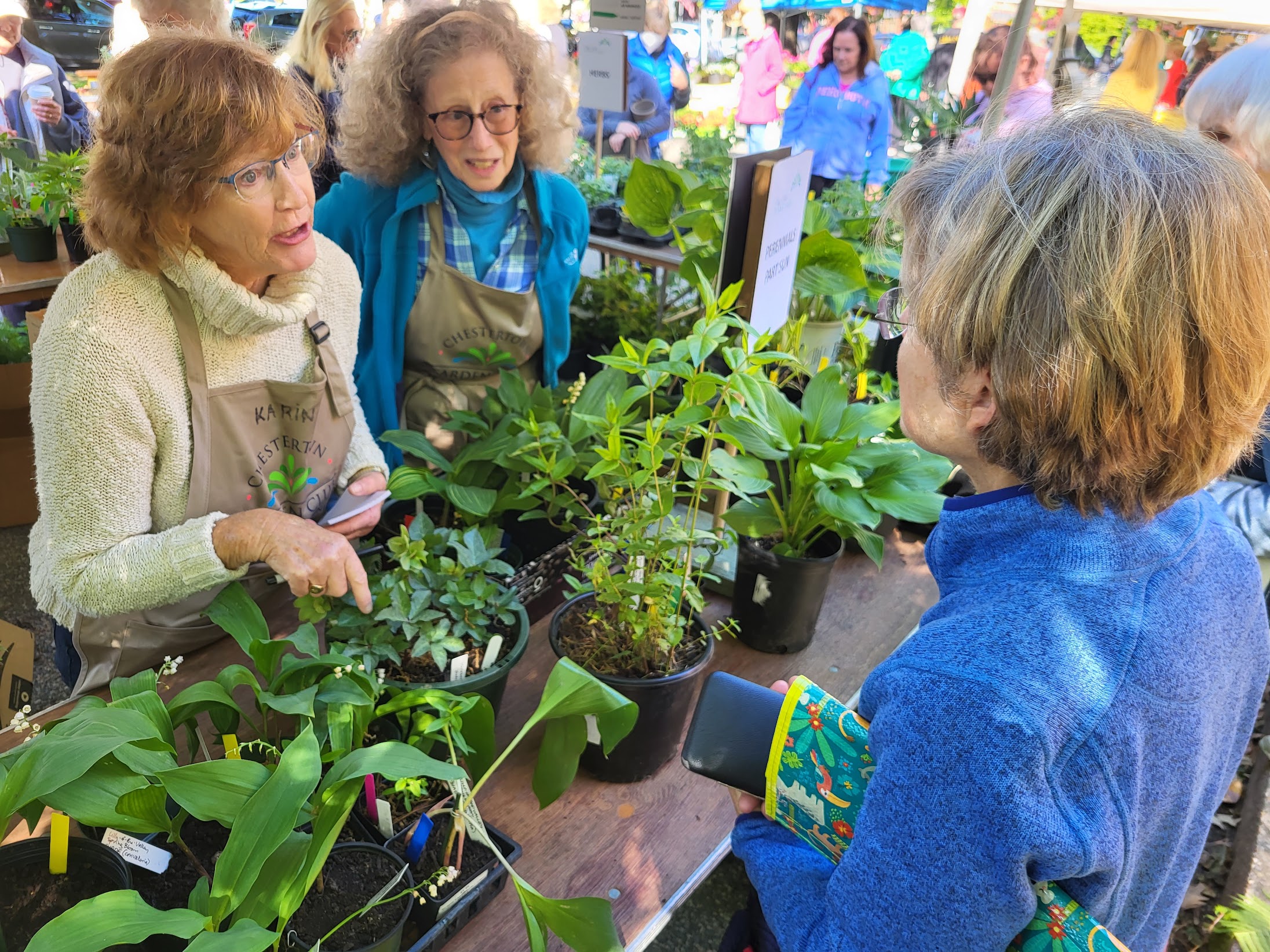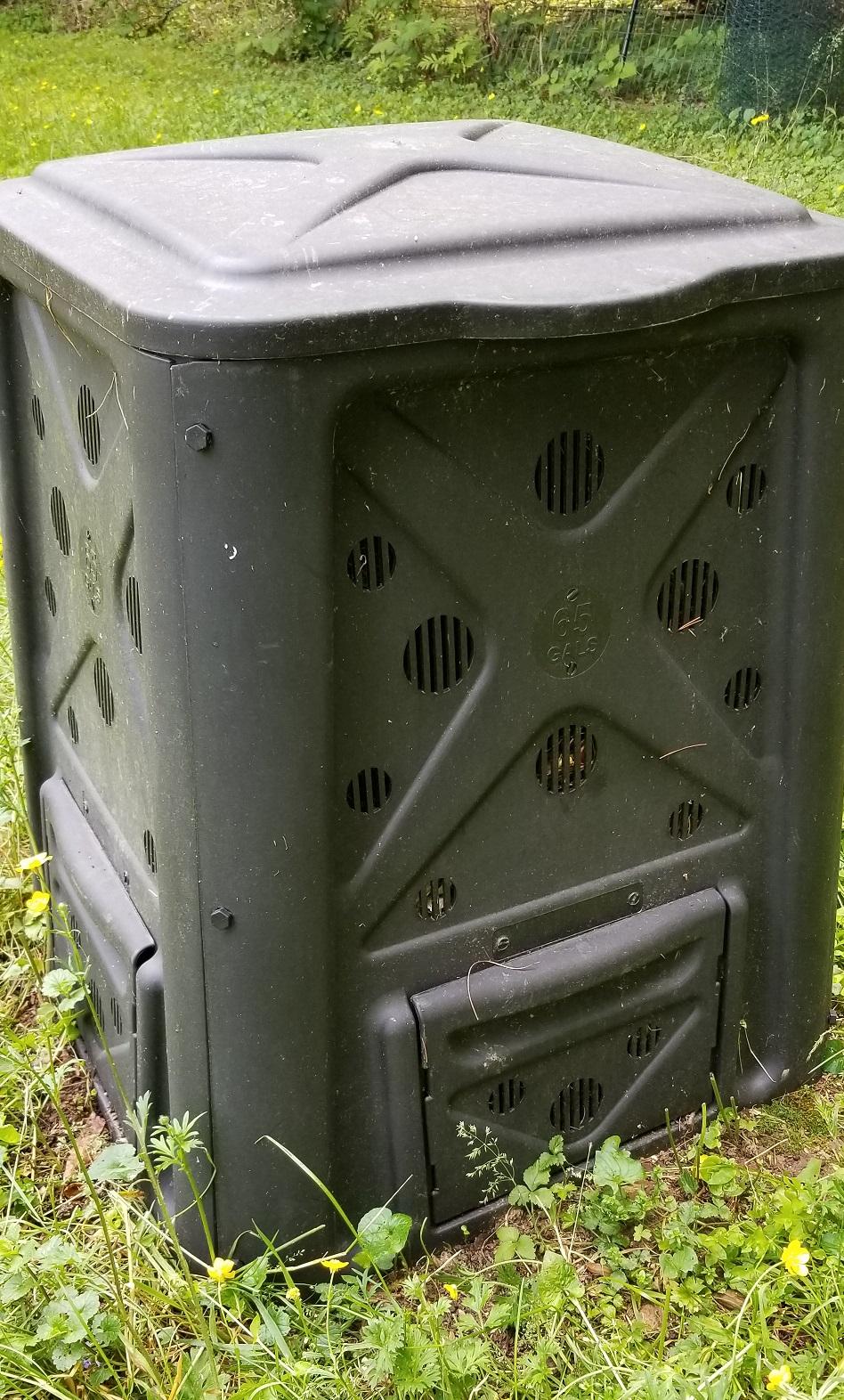The Chestertown Garden Club’s annual May Mart will once again offer the opportunity to purchase indoor and outdoor plants to enhance your home and gardens while also supporting the beautification of Chestertown. This event will take place on Friday, May 2nd, at 9am-1pm, in Memorial Park, downtown Chestertown, rain or shine.
Buyers will have a broad selection of plants to choose from for any type of garden be it shade or full sun and lots of plants to attract pollinators.
Plants donated by Garden Club members are ready to thrive in your garden. Thanks to the generosity of local plant nurseries, —Tideland, Angelica and Bonnie — there will be a wonderful selection of shrubs and herbs. 🪴 You’ll love May Mart prices. Cash, checks, and credit cards for all purchases will be appreciated.
Plants will be tagged with basic information you need to choose the right ones for your garden, while club members will be happy to assist and answer other questions regarding spacing, soil, watering, pruning, etc.
There will be an “All Things Garden” section that is fun because you never know what you’ll come across. You’ll likely find gently used items like tools, flower pots, vases and lawn or garden ornaments. In the past there have been scarves, garden hats, and an apron or two. But there will definitely be artfully arranged flowering containers.
In addition to the plants May Mart offers homemade baked goods and a raffle. You may purchase three tickets for $5 to win a $100 gift certificate that can be used at your choice of any Chestertown area shop or restaurant.
Happy Chicken will be the food vendor for May Mart! Breakfast and lunch sandwiches, as well as coffee, tea, water, and Snapple will be on the menu. Pre-orders can be sent before the event at the Happy Chicken website https://www.happychickenbakery.com/ or food can be purchased at May Mart. They will sell from 8-12:30 p.m.
Funds raised at May Mart go towards the beautification of Chestertown. In partnership with the town, the Garden Club maintains Fountain Park and Memorial Park on an ongoing basis and decorates the parks and the downtown area each year for the holiday season.
As their logo proclaims, the Chestertown Garden Club has been “Rooted in Community Since 1931”. Since the installation of the beloved fountain in Fountain Park they have been actively improving community life. Their most recent innovation, the “Good Seeds” garden, involved the collaboration of parents, teachers, students, businesses and the Town to install landscaping at Garnet Elementary School. As well as beautifying the streetscape, an environmental learning space was created and is in full use by the school.
Your Visit to May Mart provides a wonderful opportunity to get joy from gardening while supporting your community!
The Chestertown Garden Club’s May Mart provides a wonderful opportunity to get joy from gardening while supporting your community!








 The Chestertown Environmental Committee is offering a FREE composting workshop this Saturday, May 20, 10 am to noon at Sumner Hall, 206 South Queen Street, Chestertown.
The Chestertown Environmental Committee is offering a FREE composting workshop this Saturday, May 20, 10 am to noon at Sumner Hall, 206 South Queen Street, Chestertown.